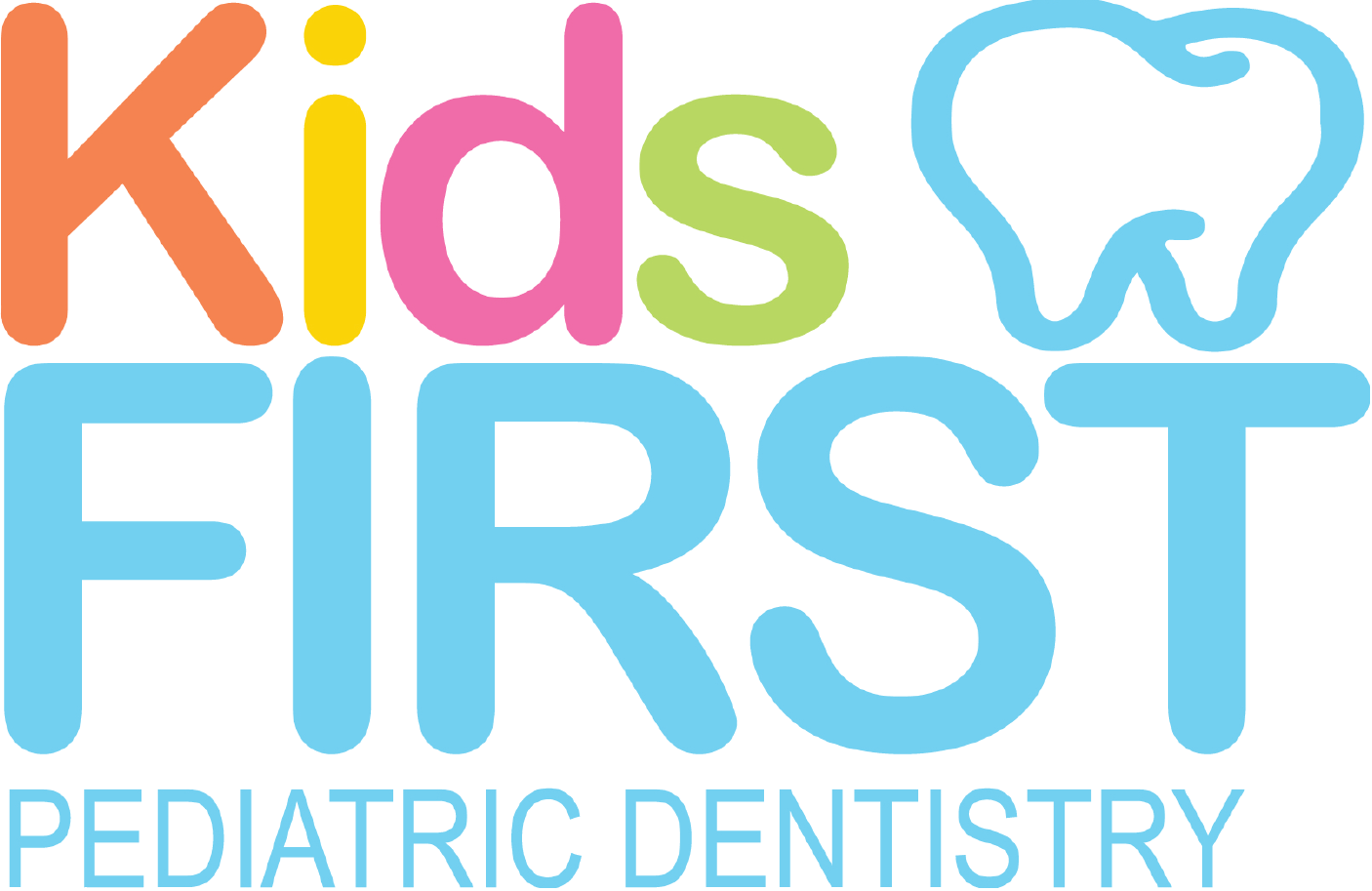With so many concerns surrounding your teen’s healthy development, one important factor to manage is their oral health. During this time in their life, they are exposed to new situations and fads with their peers. You can help them navigate this stage to build healthy habits for a lifetime of healthy smiles. So, let’s take a look at what’s in your teen’s mouth.
Oral Piercings
Increasingly popular, mouth jewelry increases susceptibility to infection. Not only does the mouth already harbor bacteria, but when they are combined with oral piercings, it can result in infections and swelling of the tongue. This can interfere with breathing not to mention your overall oral health. If an infection arises from the use of unclean equipment by the person performing the piercing, your teen can contract a bloodborne form of hepatitis. Both tongue and mouth piercings can damage the teeth when they eat, talk, chew, or sleep. It can also chip or fracture teeth, necessitating a dental filling. With extensive damage, damage can even require a root canal or tooth extraction.
Tobacco
Using tobacco in any form is bad for your teen’s health, especially their oral health. Along with bad breath, it can stain their teeth and tongue, and slow healing if a tooth is damaged, extracted, or another oral treatment is done. Tobacco use leads to gum disease, tooth loss, and oral cancer. Helping your teen avoid tobacco products is the best way to prevent these problems, and if they already use, help them quit to prevent further or future harm (look at cessation programs for help).
Eating Disorders
Teens, particularly young women, are vulnerable to adopting an eating disorder like anorexia, bulimia, and binge eating. These disorders are particularly harmful to the mouth because they cause poor nutrition which harms the gums and other soft oral tissues. If the salivary glands swell from a disorder, your teen could end up with a chronic dry mouth. If they are regularly throwing up, the stomach acids bathing the teeth erode precious tooth enamel and damage the teeth. Talk to your teen about eating disorders so they are aware of the damage and seek treatment for them if they do have a problem.
Wisdom Teeth
When your teen’s third molars come in, they don’t always have sufficient space to erupt straight up from the root. If the teeth become impacted, it can harm abutting teeth and even cause infection. Regular dental visits can help determine if your teen needs to have a wisdom tooth extracted. Along with infection, signs that a wisdom tooth might need extracting include pain, a cyst, a tumor, gum disease, or tooth decay. A wisdom tooth may also need to be extracted if your teen is going to wear braces.
Teen Oral Health Tips
– Brush twice a day, floss at least once daily and use an antibacterial mouthwash if needed. Carrying a travel size toothbrush, bottled water and even sugarless gum in a backpack can help them stay on top of oral hygiene on the go.
– Maintain routine six-month dental visits to look for problems, remove tartar, polish their pearly whites and answer any questions or concerns about their oral health.
– Eat a healthy diet. Tempting as it is to eat on the run or skip meals to get to school, attend extracurricular activities, or work part-time jobs, it will eventually take a toll on their oral health. Make sure they have access to balanced meals and healthy snacks like apples, carrot sticks and cheese, water and low-sugar drinks.
– If your teen engages in sports or high impact recreational activities, they are at increased risk for oral injury. Equipping them with a mouthguard is their best bet for protecting their mouth from harm.
We are happy to meet with your teen and explain how their habits can affect their oral health now and in the future. If you have further questions about helping your teen protect their smile, please give us a call. We are happy to help you and your child achieve a healthy, happy smile!
